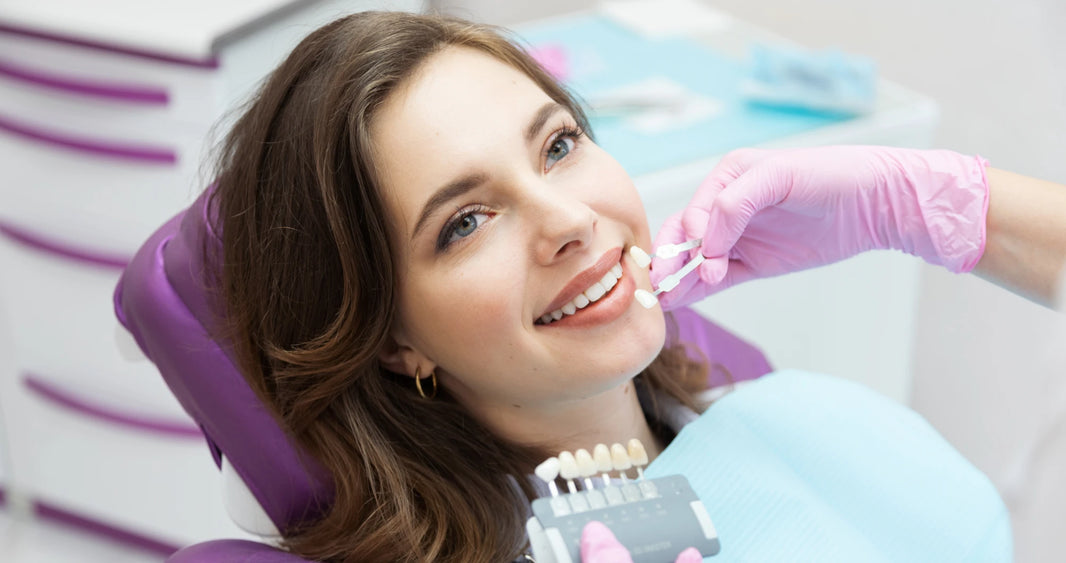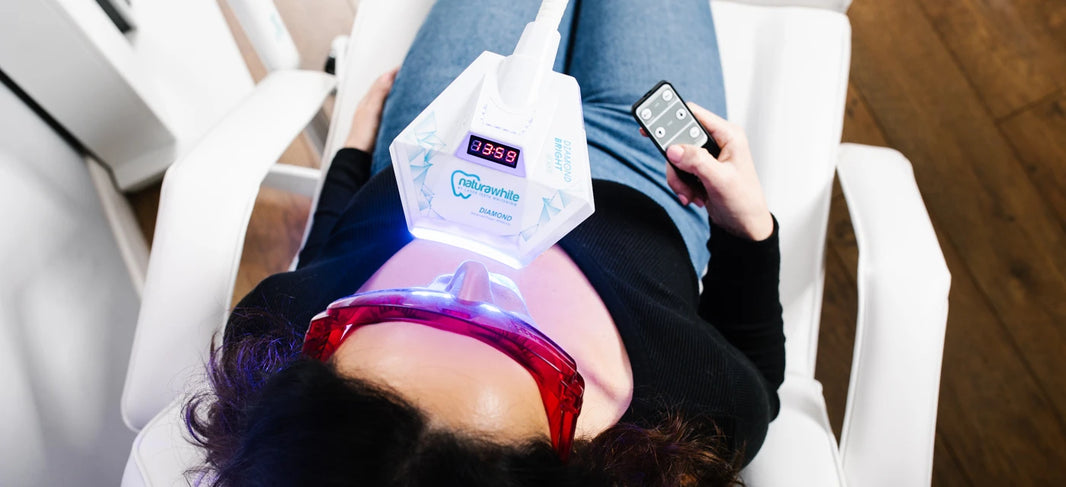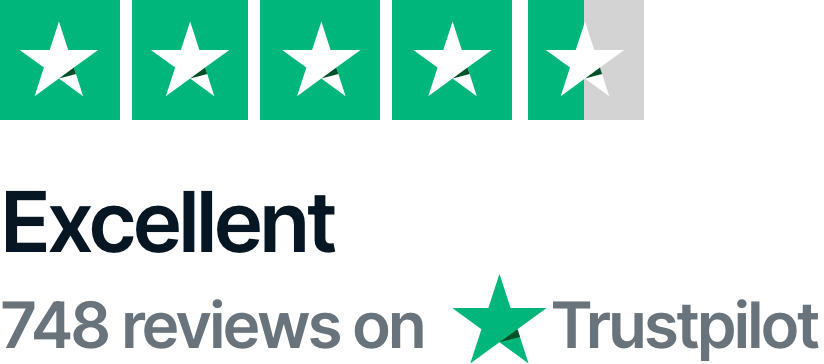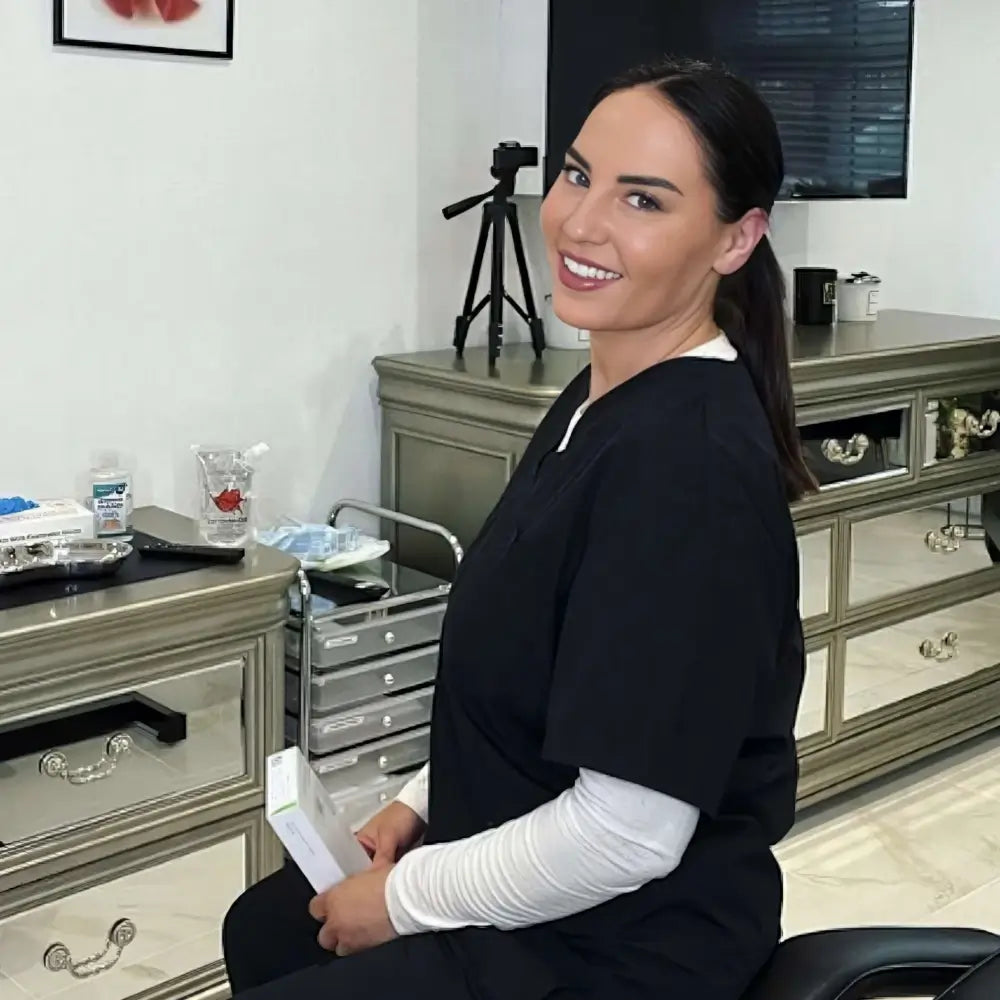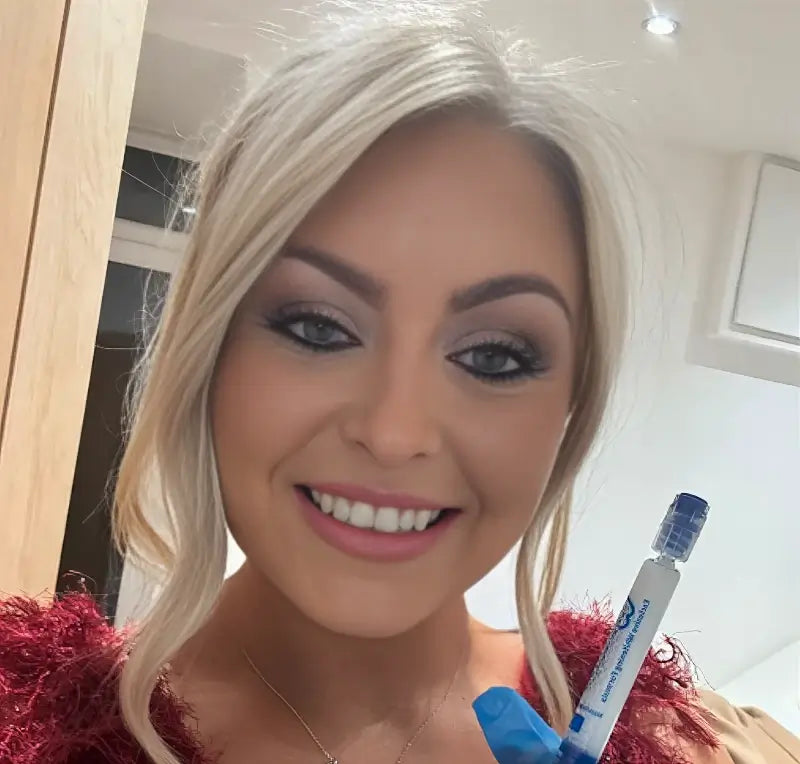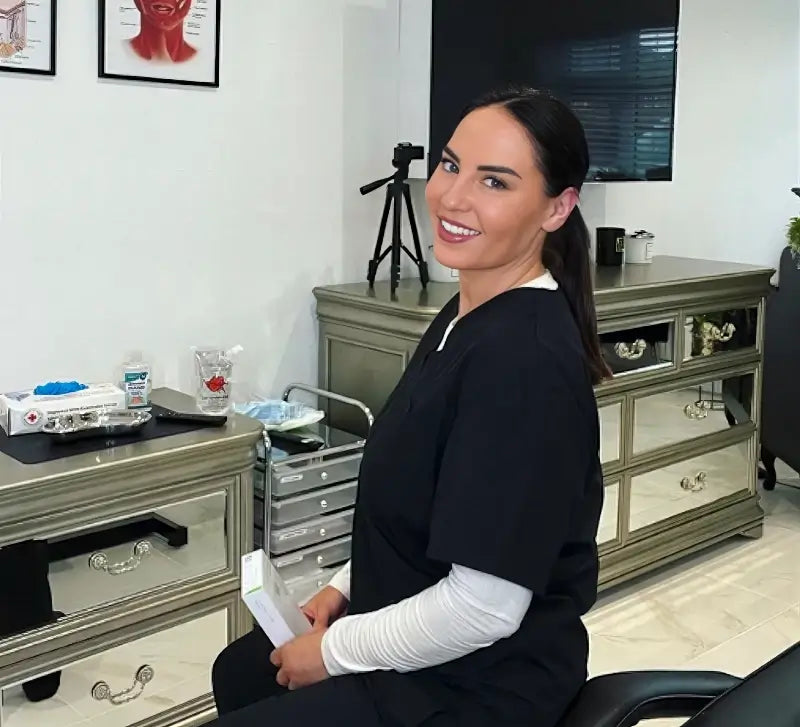Are you a teeth whitening business owner looking to achieve dazzling results while staying in line with legal regulations? Look no further! In this essential guide, we will take you on a journey to understanding the legal teeth whitening practices.
With the demand for teeth whitening services on the rise, it's crucial for your business to stand out from the competition. However, it's equally important to navigate the legal landscape to ensure your operations are above board.
From understanding the legal requirements to implementing best practices, this guide will equip you with the knowledge and tools needed to run your teeth whitening business successfully.
We will explore topics such as adhering to safety standards, obtaining the necessary certifications, understanding the restrictions on certain products, and developing effective marketing strategies.
By following this guide, you will not only attract more clients with your bright smiles but also build a reputation as a compliant and trustworthy teeth whitening business.
Navigating social media to promote your teeth whitening business can be very misleading. Within moments, you may stumble upon individuals shamelessly flaunting ILLEGAL practices!
But don't be fooled, these are putting themselves in GDC's firing line and are HUGE RISK of court summons, suspension and prosecution
Remember, your commitment to legality and excellence sets you apart in this industry, and your clients deserve nothing less than the best. So, let us unite against the tide of misinformation, resolute in our mission to uphold professional integrity and protect the smiles we serve.
Understanding the teeth whitening process
Teeth whitening has become increasingly popular in today's society, as more and more people strive for a brighter, more confident smile. A dazzling smile can boost self-esteem, enhance one's appearance, and leave a lasting positive impression. With the rise of social media and the emphasis on picture-perfect smiles, the demand for teeth whitening services has skyrocketed.
Teeth whitening treatments offer a non-invasive and relatively affordable solution for individuals looking to improve the color and brightness of their teeth. Whether it's due to genetics, lifestyle choices, or the natural aging process, many people experience tooth discoloration over time. Teeth whitening provides a convenient way to reverse these effects and achieve a radiant smile.
However, it's important for teeth whitening businesses to recognize the responsibility that comes with offering these services. Ensuring the safety, legality, and ethicality of teeth whitening treatments should be a top priority for any business in this industry.
To fully understand the teeth whitening process, let's delve into the different types of teeth whitening treatments available.
The different types of teeth whitening treatments
Teeth whitening treatments can be broadly categorized into two main types: in-office treatments and at-home treatments.
1. In-Office Treatments:
In-office teeth whitening treatments are performed by dental professionals and offer immediate results. These treatments typically involve the use of high-concentration bleaching agents and advanced equipment to achieve rapid and significant whitening. The dentist or dental hygienist applies the bleaching agent to the patient's teeth and may use additional techniques, such as light activation, to enhance the whitening process. In-office treatments are ideal for individuals seeking fast and noticeable results.
2. At-Home Treatments:
At-home teeth whitening treatments are designed for self-administration by the patients themselves. These treatments usually involve the use of whitening gels or strips that contain a lower concentration of bleaching agents compared to in-office treatments. At-home treatments offer convenience and flexibility, allowing individuals to whiten their teeth at their own pace. However, they may take longer to produce noticeable results compared to in-office treatments.
It's important for teeth whitening businesses to offer a variety of treatment options to cater to different preferences and budgets. By providing both in-office and at-home treatments, you can attract a broader range of clients and accommodate their individual needs.
Now that we have a better understanding of the different types of teeth whitening treatments, let's explore the legal compliance and regulations that teeth whitening businesses must adhere to.
Legal compliance and regulations for teeth whitening businesses
Operating a teeth whitening business requires strict adherence to legal regulations and compliance with safety standards. Failure to comply with these regulations can lead to legal consequences, damage to your business reputation, and potential harm to your clients.
1. Legal Requirements:
Before starting your teeth whitening business, it's crucial to research and understand the legal requirements in your jurisdiction. These requirements may vary depending on your location, so it's essential to consult with local authorities or legal professionals to ensure you are in compliance. Some common legal considerations include obtaining the necessary licenses, permits, and registrations, as well as complying with health and safety regulations.
There are a couple of rules to follow in order to ensure you are not breaking the law when you start teeth whitening business. These are all very straight forward and should you decide to go ahead and set up you’re own business, these will all be covered in your training. I have included a brief summary of the rules here so you can see how easy they are to follow!
- You must follow the self-administered process i.e. the customer does all the work and you are there to guide them
- You must not advise the customer on anything dental related or touch the customer’s mouth in any way
2. Safety Standards:
Teeth whitening treatments involve the use of chemicals and equipment that can potentially harm clients if not used properly. It's essential to prioritize safety by implementing strict hygiene practices, using high-quality products, and following manufacturer guidelines. Maintaining a clean and hygienic teeth whitening facility is crucial to protect both your clients and your business.
3. Certifications and Training:
To demonstrate your commitment to excellence and compliance, consider obtaining relevant certifications and training for yourself and your staff. These certifications can provide assurance to clients that your business operates with professionalism and adheres to industry standards. Look for recognized certification programs and training courses that cover topics such as product knowledge, treatment protocols, and safety procedures.
4. Product Restrictions:
Certain teeth whitening products may contain ingredients that are restricted or regulated due to their potential risks or misuse. It's essential to familiarize yourself with these restrictions and ensure that the products you use comply with the applicable regulations. This includes checking for the presence of harmful chemicals or excessive levels of bleaching agents.
By prioritising legal compliance and safety, you can build a reputation as a trustworthy teeth whitening business that puts the well-being of clients first.
Now that we have covered the legal aspects, let's discuss best practices for maintaining a clean and hygienic teeth whitening facility.
Best practices for maintaining a clean and hygienic teeth whitening facility
Maintaining a clean and hygienic teeth whitening facility is crucial for the success and reputation of your business. Clients expect a safe and comfortable environment when undergoing teeth whitening treatments, and it's your responsibility to meet these expectations. Implementing best practices for cleanliness and hygiene will not only ensure client satisfaction but also help you comply with legal regulations.
1. Sterilization and Disinfection:
Proper sterilization and disinfection protocols are essential to prevent the spread of bacteria, viruses, and other harmful microorganisms. Use medical-grade disinfectants and follow industry-standard procedures for cleaning and sterilizing your equipment, tools, and treatment areas. Regularly evaluate and update your sterilization practices to stay current with the latest guidelines.
2. Personal Protective Equipment (PPE):
Both you and your staff should wear appropriate personal protective equipment (PPE) during teeth whitening procedures. This includes gloves, masks, and eye protection to minimize the risk of cross-contamination and protect against chemical exposure. Make sure to provide sufficient PPE for all staff members and ensure they are trained on its proper use.
3. Waste Management:
Proper waste management is crucial to maintain a clean and safe environment. Dispose of used materials, such as gloves, gauze, and disposable bibs, in designated biohazard containers. Follow local regulations for the disposal of chemical waste and ensure that your facility has proper waste management systems in place.
4. Regular Maintenance and Cleaning:
Implement a regular maintenance and cleaning schedule for your teeth whitening facility. This includes cleaning treatment chairs, surfaces, and equipment after each client. Use appropriate cleaning agents and disinfectants to ensure a germ-free environment. Regularly inspect and replace worn-out or damaged equipment to maintain a high standard of quality.
By following these best practices, you can create a clean and hygienic environment that promotes client safety and satisfaction.
Common misconceptions about teeth whitening
Teeth whitening is a popular cosmetic dental procedure, but there are several misconceptions that may deter potential clients or create unrealistic expectations. Let's address some common misconceptions and provide accurate information:
1. Teeth Whitening Damages Tooth Enamel:
One common misconception is that teeth whitening damages the enamel, the outer layer of the teeth. When performed correctly and under professional supervision, teeth whitening treatments do not harm the enamel. However, it's essential to follow the recommended treatment guidelines and avoid excessive or prolonged use of bleaching agents.
2. All Teeth Whitening Products Produce the Same Results:
Not all teeth whitening products are created equal. Over-the-counter whitening products may contain lower concentrations of bleaching agents, resulting in less noticeable results compared to professional treatments. In-office treatments performed by dental professionals generally yield more significant and immediate whitening results.
3. Teeth Whitening is Permanent:
Teeth whitening is not a permanent solution. The results of teeth whitening treatments can vary depending on individual factors such as lifestyle choices, oral hygiene habits, and genetic predisposition. Regular maintenance and touch-up treatments may be necessary to maintain the desired level of whiteness.
By addressing these misconceptions and providing accurate information, you can manage client expectations and ensure they make informed decisions about teeth whitening treatments.
Conclusion: The future of teeth whitening businesses.
As the demand for teeth whitening services continues to rise, it's essential for teeth whitening businesses to prioritise legal compliance, safety, and effective marketing strategies. By understanding the legal requirements, implementing best practices, and building a strong online presence, you can attract more clients and establish a reputable teeth whitening business.
Teeth whitening not only enhances smiles but also boosts confidence and self-esteem. As technology advances and new techniques emerge, the future of teeth whitening holds great promise. Stay informed, adapt to changing trends, and continue providing exceptional services to meet the evolving needs of your clients.
Legal teeth whitening practices are easy to follow and shouldn't overshadow your pearly white ambitions. Embrace this essential guide and take your teeth whitening business to new heights of success!


